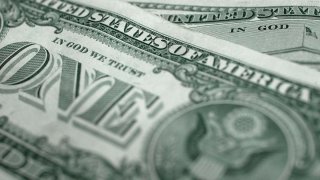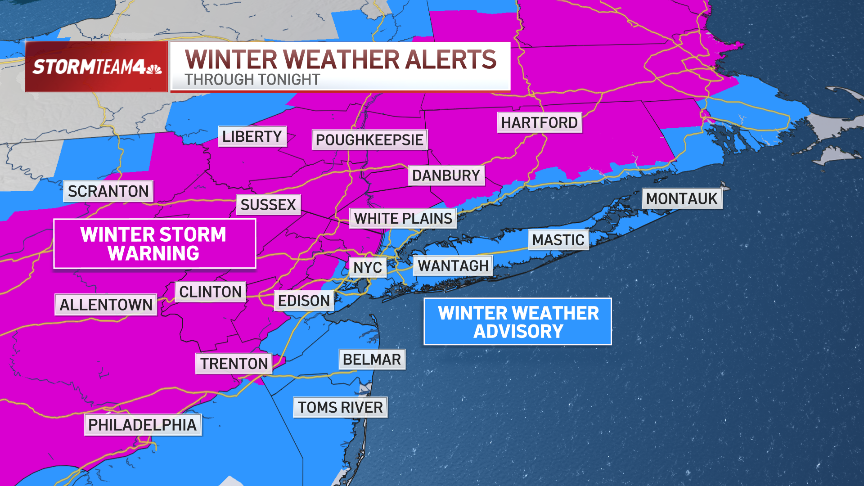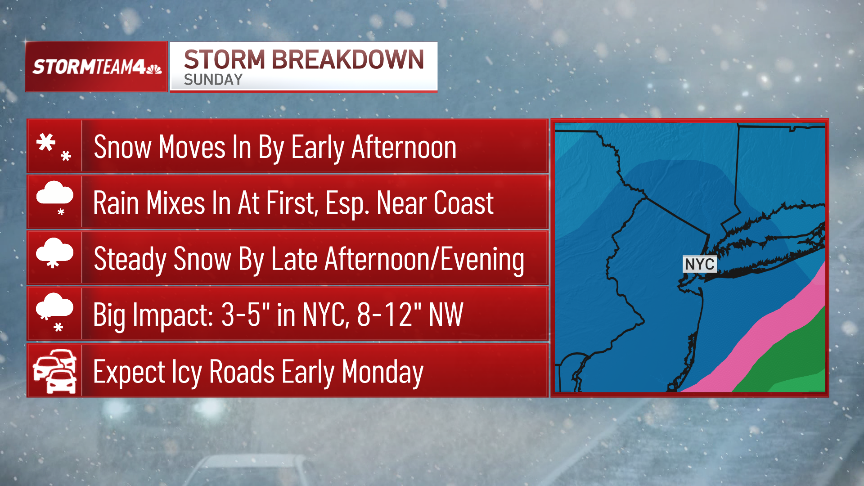
WASHINGTON – OCTOBER 14: The words “In God We Trust” are seen on U.S. currency October 14, 2004 in Washington, DC. Although the U.S. constitution prohibits an official state religion, references to God appear on American money, the U.S. Congress starts its daily session with a prayer, and the same U.S. Supreme Court that has consistently struck down organized prayer in public schools as unconstitutional opens its public sessions by asking for the blessings of God. The Supreme Court will soon use cases from Kentucky and Texas to consider the constitutionality of Ten Commandments displays on government property, addressing a church-state issue that has ignited controversy around the country. (Photo Illustration by Alex Wong/Getty Images)
What to Know
- New York Legislature passed over 900 bills this year, a marked increase from typical years
- Democratic Gov. Andrew Cuomo has approved roughly 750 bills and vetoed 168 as of Monday
- Some new laws taking place in January include bail reform, farmworker rights and minimum wage increase
The newly Democratic-controlled Legislature passed 935 bills this year - a marked increase from typical years. Democratic Gov. Andrew Cuomo has approved 747 bills and vetoed 168 as of Monday, when about 20 bills remained.
The pile of new laws marks a victory for Democrats who had long lacked control of the Senate. Some bills taking effect in January include:
BAIL REFORM
New York's bail law eliminates pretrial detention and money bail for the vast majority of misdemeanor and nonviolent felony cases. The law also requires release for certain violent felonies - second-degree burglary and second-degree robbery.
The law would still require cash bail for major drug trafficking offenses, sex offenses, criminal contempt in a domestic violence case, witness tampering or intimidation and certain offenses against children.
Cuomo estimates the new law will keep about 90% of defendants out of jail at least until their case gets resolved.
Local
FARMWORKER RIGHTS
Another new law taking effect Jan. 1 gives farmworkers the right to organize, collect overtime and get a day off.
Under current law, farm laborers do not have the right to organize. The new law ensures that farmworkers earn overtime if they work more than 60 hours a week. They would also be guaranteed one day of rest each week.
Supporters - including many farm laborers, their advocates and groups including the Roman Catholic Church - say the workers deserve the same rights and benefits as others. Many farm owners had warned that the measure could dramatically increase farm labor costs.
MINIMUM WAGE
The minimum wage is rising to $15 an hour for all workers in New York City, as of Dec. 31.
Workers elsewhere in the state will make less: $13 in the city's near suburbs and $11.80 upstate.
In 2013, New York raised the minimum wage to $9 from $7.25 for nontipped workers.
A 2016 law called for the state to eventually raise its minimum wage to $15 but phased it in at different rates for New York City, the suburbs and upstate. The law also gave small New York City employers with 10 or fewer employees an extra year to make it to $15.
Cuomo's administration has until fall 2020 to decide when the minimum wage should reach $15 in Hudson Valley and upstate communities facing struggling economies.
ADOPTION CERTIFICATES
Adoptees can soon obtain a certified birth certificate under a new law effective Jan. 15.
Under the current law, adoptees must go before a judge to request access to their birth certificate. Advocates who have fought for 20 years for New York's law say that access isn't always guaranteed.
New York's new law allows adult adoptees, their descendants or legal representative to obtain a certified copy of their original birth certificate.
The National Conference of State Legislatures says about half of states still require a court order. Some critics worry about privacy rights of birth parents.
TEENS PREREGISTERING TO VOTE
It's about to become easier for teens to get ready to vote once they're of age.
Starting Jan. 1, New York is allowing individuals 16 years or older to preregister to vote.
Once those individuals turn 18, the Board of Elections will automatically register them to vote.
PUBLIC CAMPAIGN FINANCE
Lawmakers missed a December deadline to block a politically appointed commission's plan to use public money to fund campaigns in New York.
The plan has drawn scrutiny from Republicans and Democrats alike who are expected to fine-tune the plan's details next year. And lawmakers will have time to make changes. Commissioners delayed the program four years for state legislative races and six years for statewide races.
New Yorkers who give $250 or less would see their donations matched with public funds 6 to 1 for statewide office candidates such as governor. So a $100 donation would be worth $700 to a candidate.
Donations to local candidates would also be matched: 12 to 1 for the first $50, 9 to 1 for the next $100 and 8 to 1 for the final $100.
Candidates will face limits of $5,000 per donor for Assembly races and $10,000 for Senate races, down from roughly $9,000 and $19,000. New York's campaign finance limits are the highest in the country, and federal presidential candidates can raise $5,600 from a single donor.
Voting rights groups have called New York's plan a big step forward but said lawmakers should lower limits political contributions and ensure independent oversight of the system.



